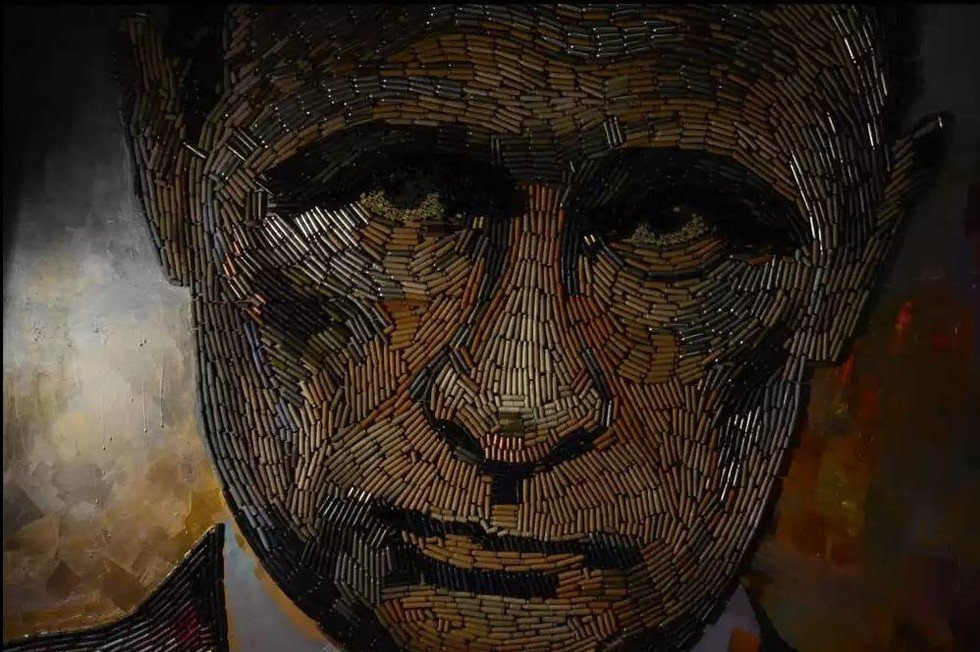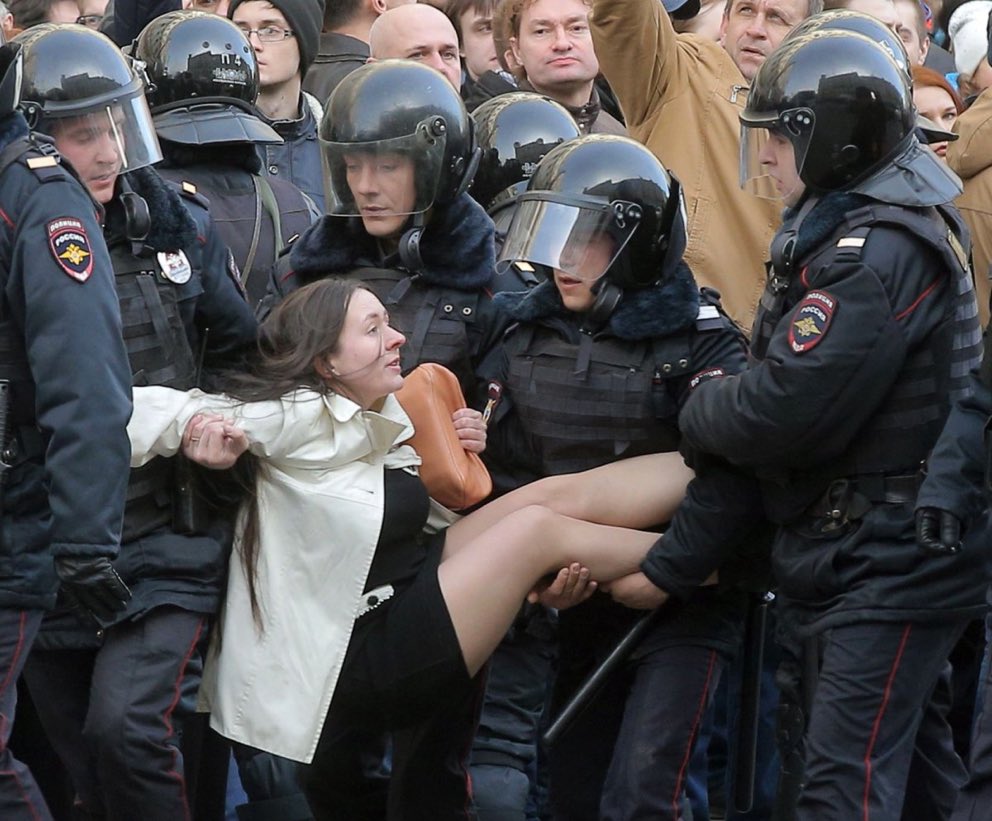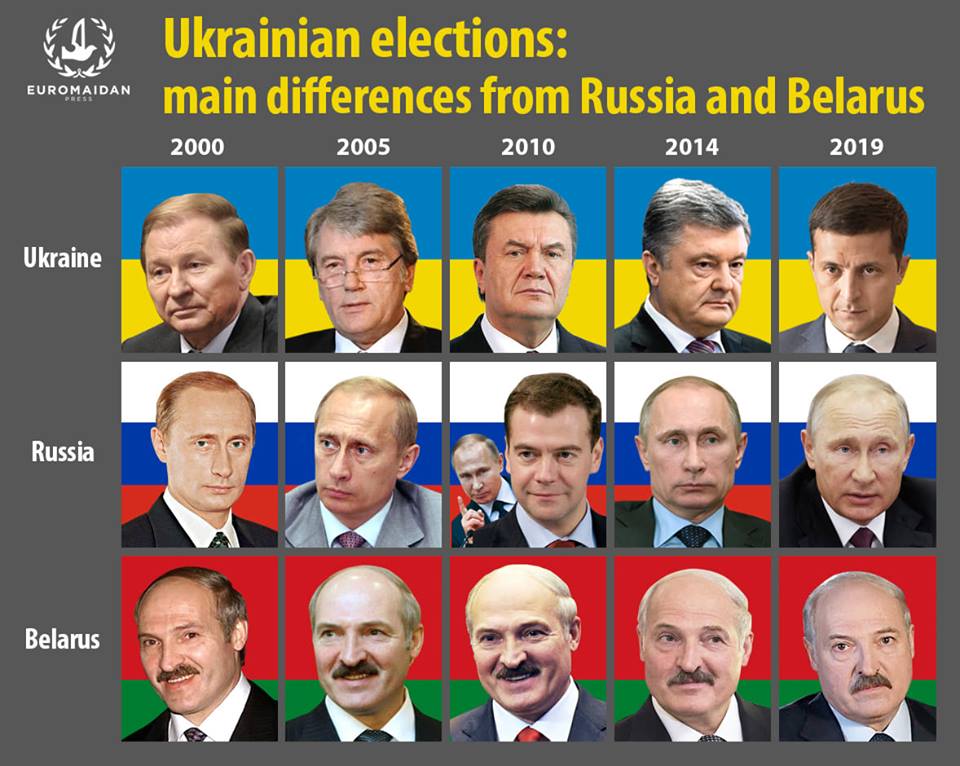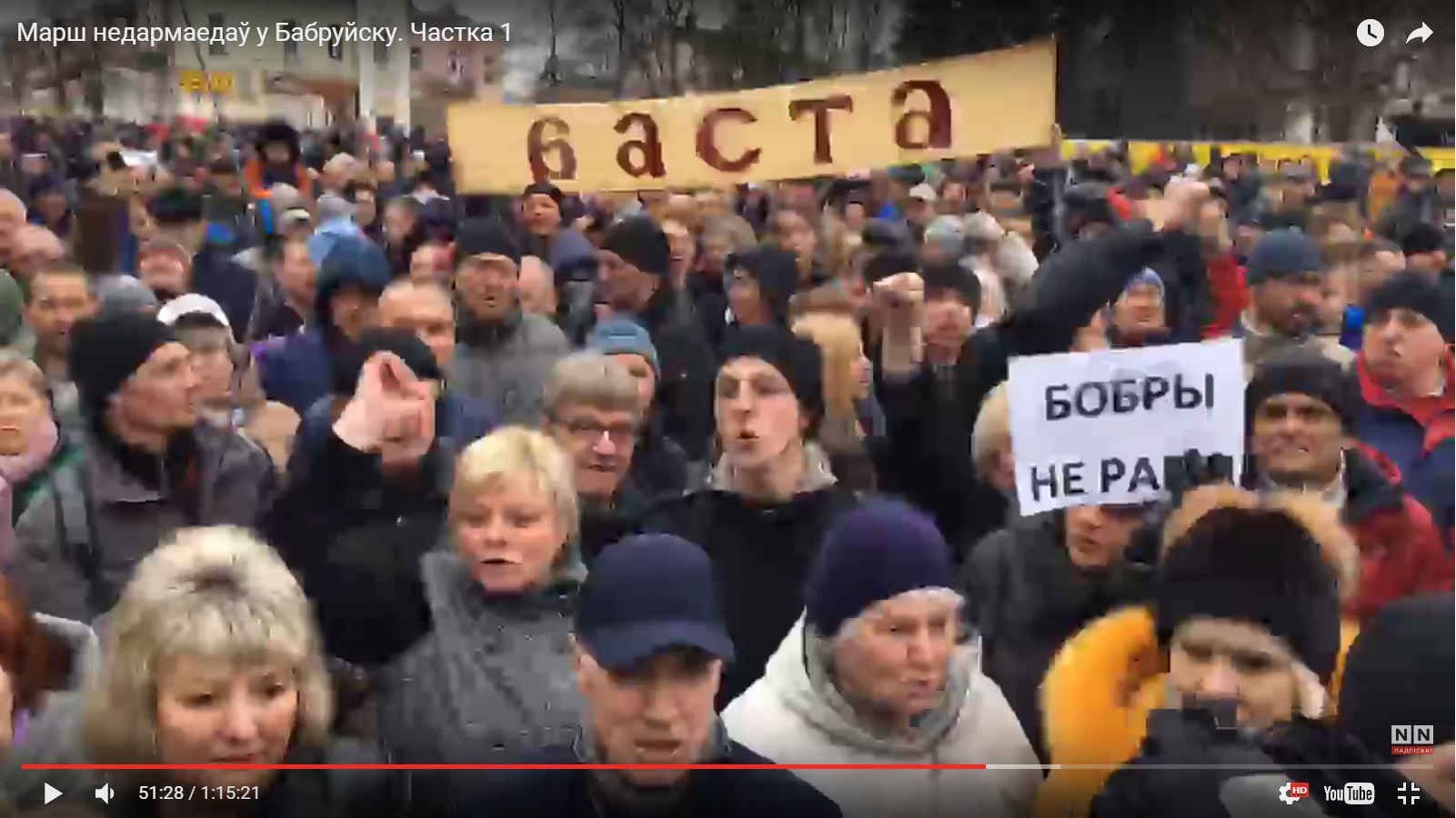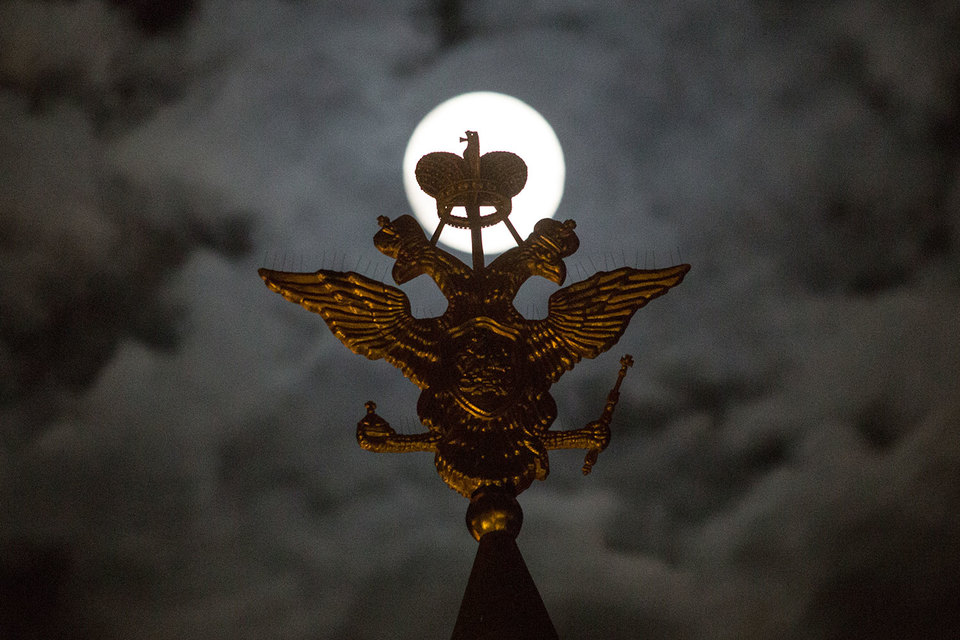The Kremlin’s “obsession” with Ukraine, Lilia Shevtsova, once again this week very much on display in the wake of the Verkhovna Rada elections not only prevents Moscow from understanding what is in fact taking place in Ukraine and the West but is crippling Russia, by focusing on the past not the future and on others rather than itself.
Those problems have been very much on public view this week, the commentator says, as many close to the Kremlin have argued the vote in Ukraine was a victory for Moscow, given that it shows Europe is tired of Ukraine and that Ukrainians are tired of war and now have a government that wants some kind of a settlement.
But such impressions can be “deceptive,” Shevtsova continues, “and a pause does not always mean a rollback because there is simply no path back” in this case. “Yes, the West wants to get out of a confrontation with Russia as a result of Ukraine.” But NATO isn’t going to retreat: it will continue to strengthen its positions near the Russian border.
Fifty-three percent consider allowing the separatist republics to have a special relationship with Kyiv is unacceptable. “Only 12 percent,” the commentator says, “support autonomy for the separatist ‘republics.’”
“In short,” she says, “the majority of Ukrainians are against the Russian idea of peace with Ukraine” – and Kyiv isn’t going to go against the will of the majority. That majority would replace any president who tried: they’ve done it before. More generally, except for the pro-Russian Platform, “all the parties which will be in the new Rada campaigned under reformist and European banners.”
Perhaps most striking of all, “even 42 percent of the pro-Russian opposition electorate are prepared for deprivations in the name of reform!” And after all the efforts Putin and Moscow made, only one Ukrainian in eight was prepared to vote for the outcome the Kremlin wants. In a democracy, that isn’t enough.
These include the Kremlin’s effort to distract the attention of Russians from problems Moscow can’t solve, an inability to form “a new national identity,” and to recreate a buffer zone between Russia and the West.
“The conversion of Ukraine into a maniacal idee fixe says that neither the Russian elite nor the Russian state feels itself complete having lost Ukraine,” Shevtsova says. And that in turn means that “for Russia, Ukraine is not simply a phantom pain that is returning us to the past. Russia’s reaction to Ukraine speaks about our brokenness and inability to think about the future.”
And that is the case “even if the citizens of Russia who have died do not agitate us.”
Shevtsova concludes: “the blood that has been shed has created a new reality. In this reality, Russian statehood can be vital and the ruling elite overcome its complexes only if we turn away from our obsession with Ukraine. It is long past time to return to our own affairs,” rather than continue to act as if they can be solved with more blood in Ukraine.
Read More:
- Despite 5 years of Russian aggression, Ukraine held democratic elections – Observation mission Head
- Russia can’t solve Crimea’s water problem
- The Surkov Leaks: Major report on Russia’s hybrid war in Ukraine published at RUSI Institute
- How Russian propaganda outlets manipulate comments dubbing them in Russian
- Freeing Ukrainian Navy sailor POWs part of West’s deal to return Russia to PACE – media
- Ukraine has gotten over Russia but Russia hasn’t gotten over Ukraine, Shevtsova says

